Rajkumar Nair, Deputy General Manager – IT, Kanakia Spaces Realty
By MYBRANDBOOK
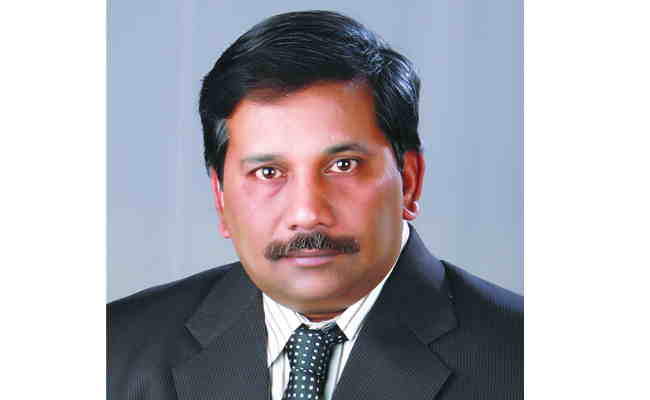
|
‘Role of a CIO is changing as IT functions become central to business decisions’
The real payoff will come when companies move beyond isolated IoT projects and take a comprehensive approach, building businesses around these capabilities rather than just using them to cut costs or augment existing products. The challenge before every CIO as we head into 2018 is how to manage and in some cases offload the old stuff, pay down the creeping “technical debt” while freeing up money and people for new and expanded mobile, data analytics, AI, and other modern digital initiatives. |


Nazara and ONDC set to transform in-game monetization with ‘
Nazara Technologies has teamed up with the Open Network for Digital Comme...

Jio Platforms and NICSI to offer cloud services to government
In a collaborative initiative, the National Informatics Centre Services In...
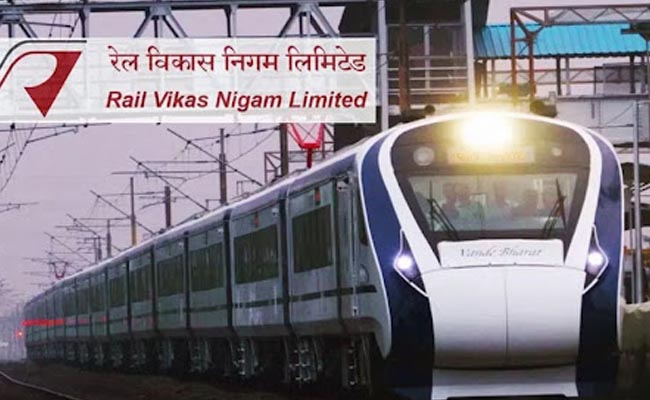
BSNL awards ₹5,000 Cr Project to RVNL-Led Consortium
A syndicate led by Rail Vikas Nigam Limited (abbreviated as RVNL), along wi...

Pinterest tracks users without consent, alleges complaint
A recent complaint alleges that Pinterest, the popular image-sharing platf...

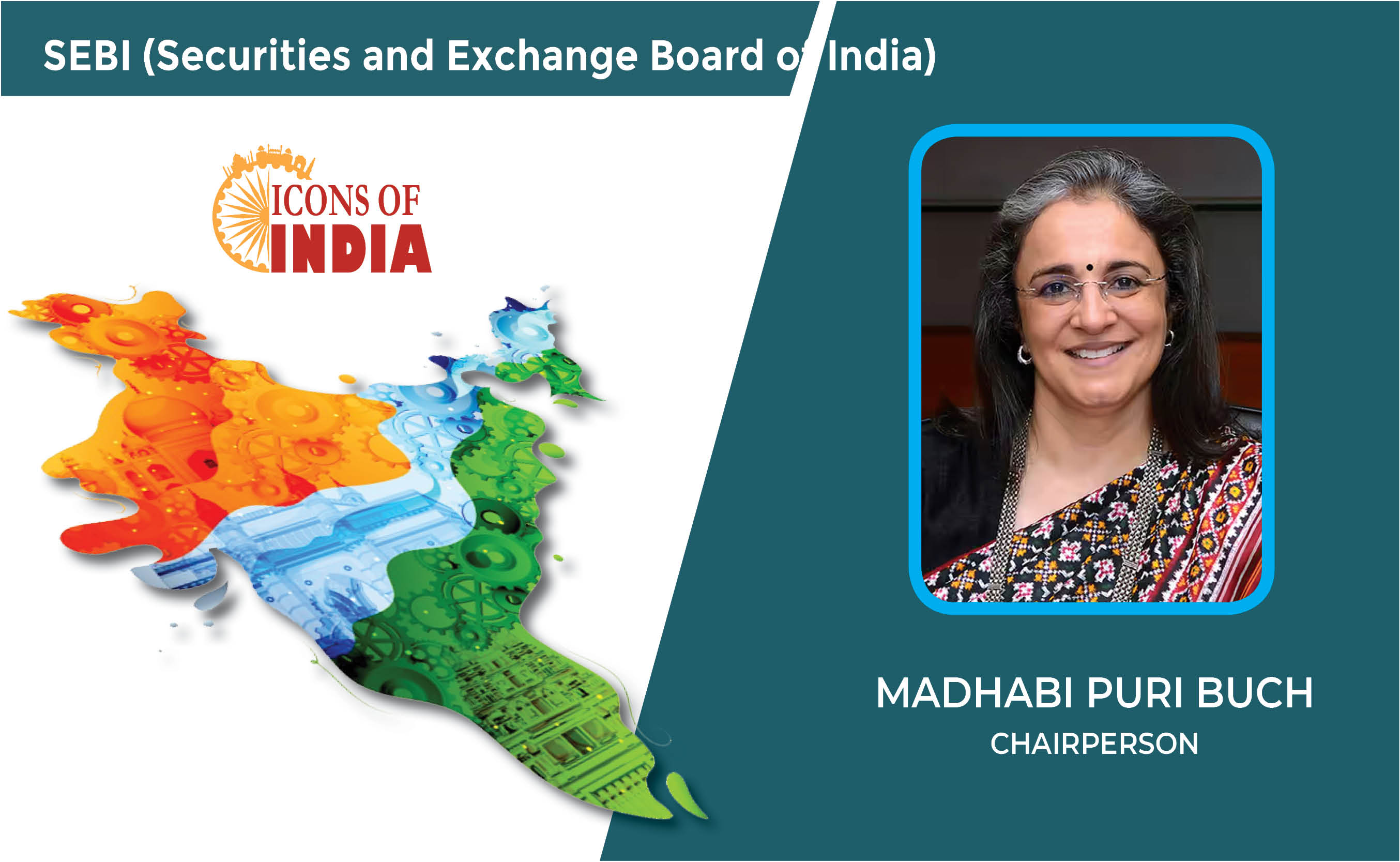
Icons Of India : MADHABI PURI BUCH
Madhabi Puri Buch is the first-female chairperson of India’s markets...

Icons Of India : ASHISH KUMAR CHAUHAN
Ashish kumar Chauhan, an Indian business executive and administrator, ...
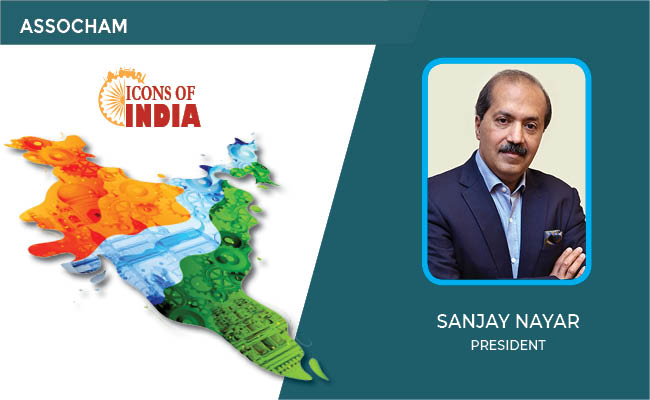
ICONS OF INDIA : SANJAY NAYAR
Sanjay Nayar is a senior finance professional in the Indian private in...

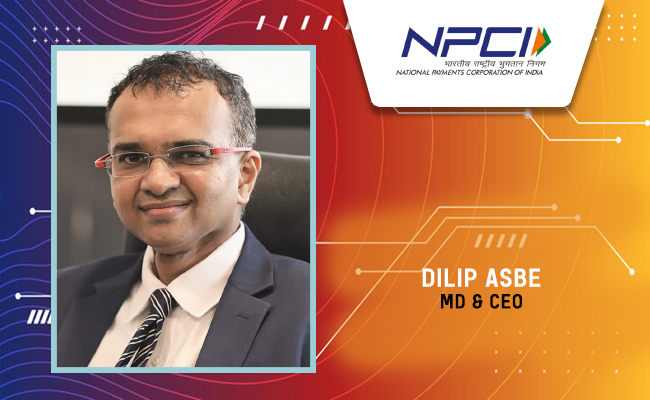
NPCI - National Payments Corporation of India
NPCI is an umbrella organization for operating retail payments and set...
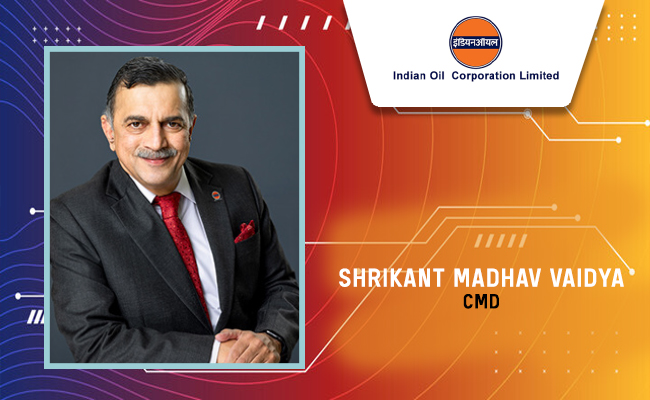
IOCL - Indian Oil Corporation Ltd.
IOCL is India’s largest oil refining and marketing company ...

DRDO - Defence Research and Development Organisation
DRDO responsible for the development of technology for use by the mili...

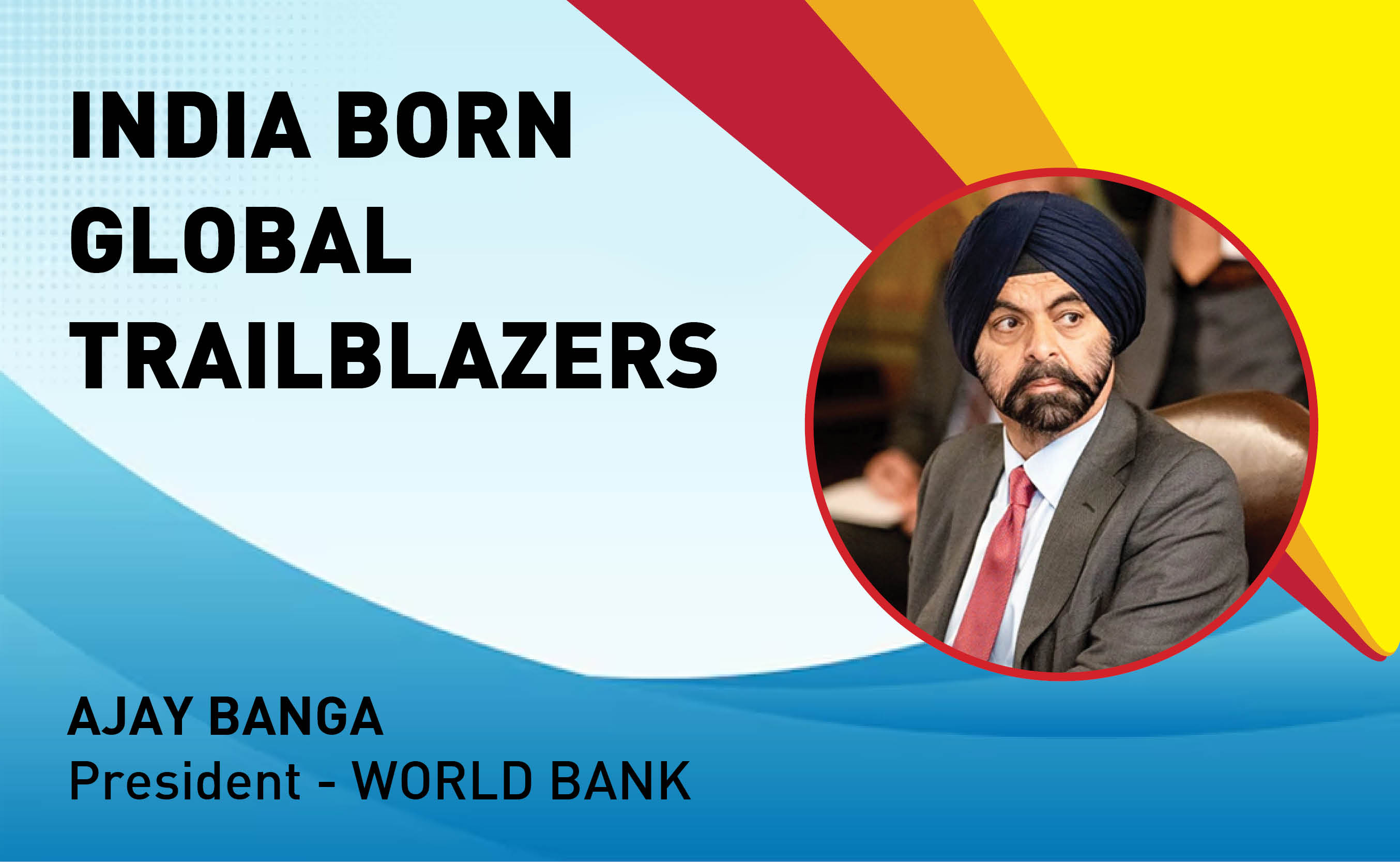
Indian Tech Talent Excelling The Tech World - AJAY BANGA, President - World Bank
Ajay Banga is an Indian-born American business executive who currently...
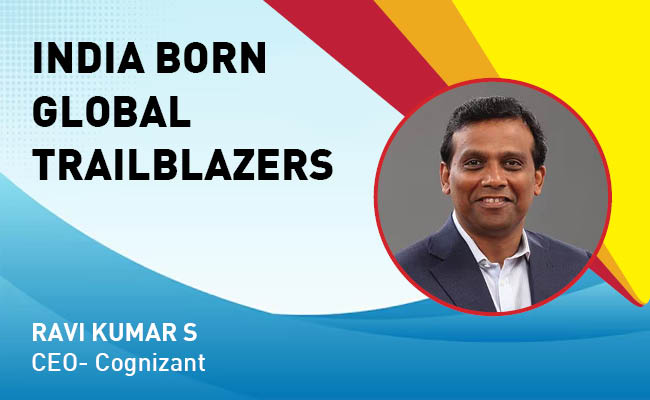
Indian Tech Talent Excelling The Tech World - RAVI KUMAR S, CEO- Cognizant
Ravi Kumar S, appointed as CEO of Cognizant in January 2023, sets the ...

Indian Tech Talent Excelling The Tech World - ANJALI SUD, CEO – Tubi
Anjali Sud, the former CEO of Vimeo, now leads Tubi, Fox Corporation�...